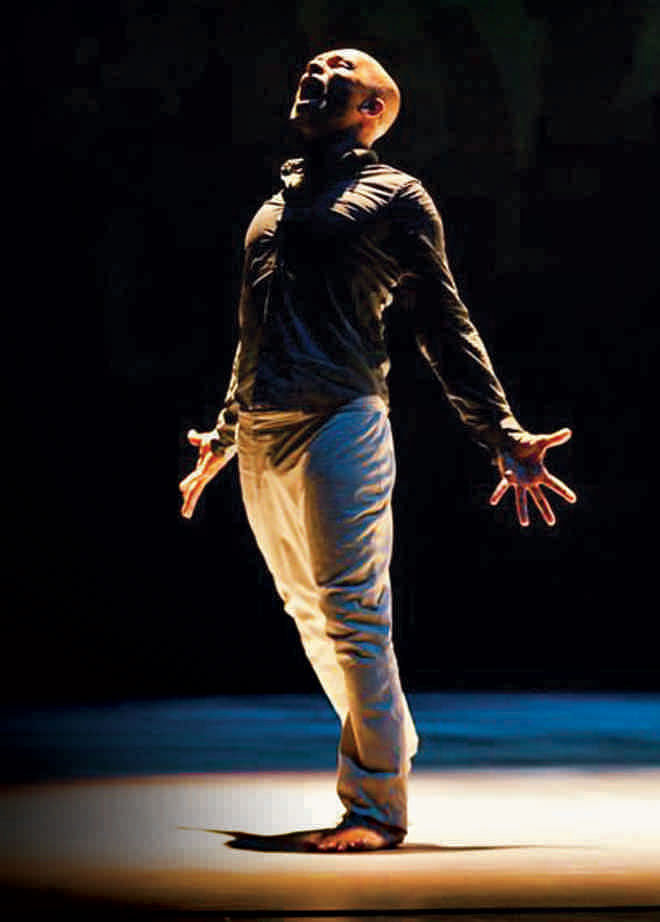WRITING AKRAM

It is difficult to write dance, and just a bit more complicated to write about the entire process of ideation and abstraction which is finally concretized into body movements. Akram Khan, surprisingly, makes it easier to do so, as he is one of the most eloquent dancers that I have personally come across.
The British Council had invited me and seven dancers from our dance company, Shadhona, to participate in a Dance Master Class. It was to be conducted by Jose Agudo, the rehearsal director of Akram's production 'Desh' which has just toured Bangladesh. Jose was going to take the dancers through some dance movements at the early morning session at Bangladesh Shilpakala Academy. As dancers, we always love to learn new ways to move the body. But, honestly, the main attraction was Akram Khan. We were hoping that he would turn up.
About twenty-five senior and upcoming dancers turned up for the exciting event. But, no Akram. We were, however, not giving up hope. As Jose took the dancers through the dance steps, everyone got caught up with the passionate and seductive moves of the Spanish 'flamenco'. Twenty minutes into the routine, Akram quietly entered the room and sat down in one corner. I think he wanted to assess the quality of the dancers that had turned up. Later, after his spectacular performance in 'Desh', he spoke about one young dancer who had caught his eye that day.
A treat though was in store for us. About twenty minutes before the Master Class was supposed to close, Akram softly requested all the dancers to sit around him. I suppose he is familiar with questions dancers usually ask. So, without any preamble he started speaking about his journey in the world of dance. What we found remarkable was the great respect with which he spoke about great performers he has worked with - PanditBirjuMaharaj, Peter Brookes, AditiMangaldas, the prima ballerina Sylvie Guillem, and so many others. From each he had imbibed valuable lessons. The gratitude and humility with which he spoke about each artiste, makes Akram the wonderful human being he is.
We take away from that short interaction with Akram Khan, a glimpse of his process of designing a production. I was particularly impressed when he explained that it was the role of the performer to make his audience imagine. Then he went on to explain how he makes the audience of 'Desh' imagine little Eeshita and his father.
A particular pleasure was a small demonstration, by Akram, of the way that 'taal' and 'laya' can be cleverly utilized to create an interesting narrative. Yes, these are innovative ways to use 'tradition', but then 'tradition' too does not stand still. It undergoes change in the hands of great artistes like Akram Khan.
Thank you, Akram. We look forward to many more years of creativity from you.

 For all latest news, follow The Daily Star's Google News channel.
For all latest news, follow The Daily Star's Google News channel. 




Comments